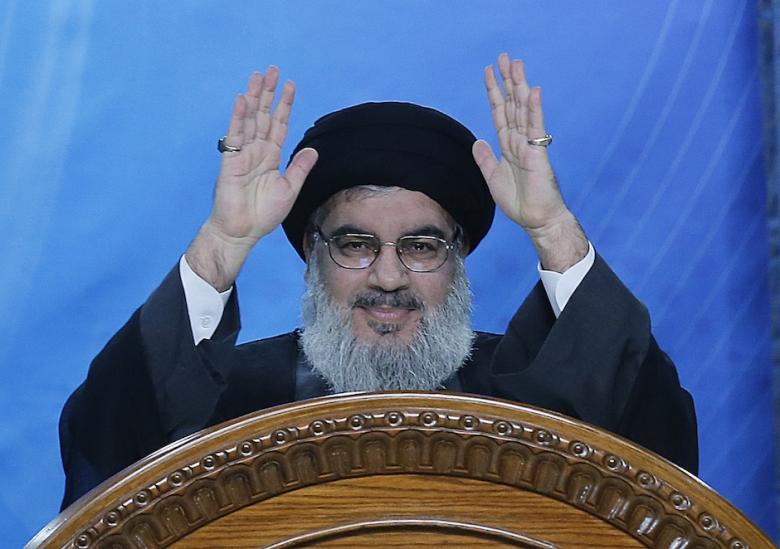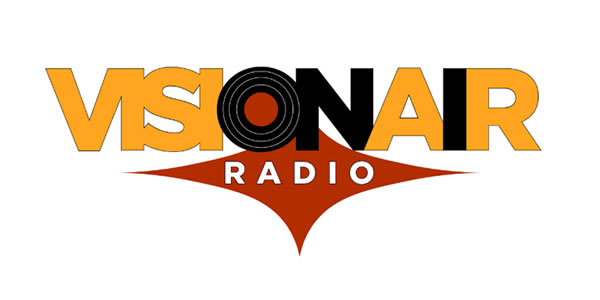
(Sami Kleib – alakhbar) – Ora non è il momento di parlare di delusioni e del passato. E ‘più importante per la Resistenza a vincere in Palestina perché la sua vittoria è un ulteriore passo verso minare le fondamenta del l’altro asse che protegge Israele. L’altro asse comprende non solo gli Stati Uniti e gran parte del West, ma anche un numero significativo di regimi arabi.
This was the essence of Hezbollah’s Secretary General Hassan Nasrallah’s speech yesterday, on International Quds (Jerusalem) Day. It is important that Hamas seize upon Nasrallah’s words, precisely at this fateful moment because it knows, more than anyone else, that many of the Arab regimes share Israel and its Western allies’ wish to destroy it. They intend to prolong the war to break Hamas’ infrastructure, its rocket capabilities and its communication network, and to kill its leaders. They intend to hem it in after the war, blame it for all the killing and destruction and not provide it with any help. Its adversaries believe that only this will create a popular grudge against against the Resistance group that would undercut its popular support. Hamas therefore can not wait for the salvation to come from outside, from states that brought down their allies in the Muslim Brotherhood. How will Hamas seize upon Nasrallah’s speech?
Let’s first see what is new about this speech.
First of all, Nasrallah’s words went beyond Lebanon’s borders. He said frankly that Hezbollah supports all the factions of the Resistance without exception. By “without exception” he of course meant Hamas. Hezbollah not only supports Hamas, it is willing to do whatever it takes to provide support. This is a major commitment that Israel should listen to very well because it means a clear willingness to open another front against it, even though everyone is convinced of the futility of doing so now. Opening a front is a decision that will be taken by Hezbollah but in coordination with Syria and Iran. The message is clear.
Nasrallah linked the Israeli war with the larger conspiracy of the other axis in the region: “The US provides cover for the war… The thrones of some Arab regimes are bound to defend Israel… We are in the most dangerous era since the colonization of Palestine… We are witnessing the systematic destruction and dismantling of states, armies, peoples and societies, etc…” It was in this sense that Nasrallah said, “We feel that we are true partners of the Palestinian Resistance and its victory is a victory for all of us.” The shared destiny in this sense is clear.
The comparison that Nasrallah made between the war on Gaza and the one waged by Israel against Lebanon eight years ago carries a lot of significance and a lot of important and dangerous messages for Hezbollah’s adversaries in and outside Lebanon. Israel’s failure in the past prevented the creation of a new Middle East and the Gaza war today subverts another destructive project. Perhaps Nasrallah was thinking about what some Lebanese politicians and Arab rulers did during the 2006 war when he said: “I am sure that some Arab rulers are calling Netanyahu and asking him to continue… But the Resistance will impose a resolution on Israel like what happened in July 2006.” Here too there is a fateful link between the two wars. These allusions are perhaps intentional as the relationship between Hezbollah and the Future Movement is almost at a breaking point, while accusations continue to be invoked against Saudi Arabia and its role in Syria and Iraq.
Nasrallah paved the way for Hamas’ return to the Resistance axis. He openly called for “pushing aside differences and discord when it comes to the Palestinian people, Resistance and cause.” He did not deny that there are differences in opinion and political judgement but the most important thing is the victory of the Resistance. It is precisely here that Nasrallah purposefully recalled the role of Syria, Iran and Hezbollah in providing political, financial and military support to the Resistance in Palestine. This reminder now is very important to rectify the path and bring Hamas back on the right track.
The speech is also important for Nasrallah, Hezbollah and the axis to which it belongs. This is a golden opportunity to redirect the compass. It is a historic moment that must be seized upon to rally the Arab masses who currently sympathize with Gaza and its Resistance. When Hezbollah’s secretary general appears willing to offer direct support to Gaza and its Resistance, when he rises above differences, he sets a stark contrast with the sense of abandonment by their regimes that the Arab people feel. There is a huge difference between a leader who says that your victories are our victories, you are going to win and the spiderweb (Israel) is going to collapse forever, and leaders who look for an excuse to destroy the Palestinian Resistance and provide a political and diplomatic cover for Israel.
At a time when the Arab world is going through a dangerous and bloody sectarian strife, it is important for the Shia leader of the Lebanese Resistance to reassert unity with the Sunni Palestinian Resistance. In its battle against its enemy, the nation must rise above sectarian and confessional sensitivities.
By linking between the destruction of holy shrines by the Islamic State in Iraq and Syria (ISIS) and others and the possibility of destroying al-Aqsa Mosque, Nasrallah’s message was broader and more comprehensive. It was an attempt to seek Islamic unity and support for the Resistance. In this sense too, there is a connection between the dangerous projects besetting the region and Israel’s war on Gaza.
The last and perhaps most important message addressed to the leaders of the opposing axis in the West and the Arab world confirms that Hezbollah will not leave the Resistance in Palestine alone. Usually, Israel, the West and Arab regimes take Nasrallah’s words seriously. Perhaps today more than ever, they should take them even more seriously. As the region hangs between divisiveness and coming to some sort of understanding, it is important that the axis to which Nasrallah belongs continues to send messages of strength because they serve as a deterrent and pave the way towards honorable settlements when the time for settlements comes.
It was enough to read the comments of thousands of people on social networking sites right after the speech to understand that when Nasrallah talks about Palestine, it becomes stronger and he becomes more eloquent.
This article is an edited translation from the Arabic Edition.
Fonte: alakhbar













 e poi
e poi